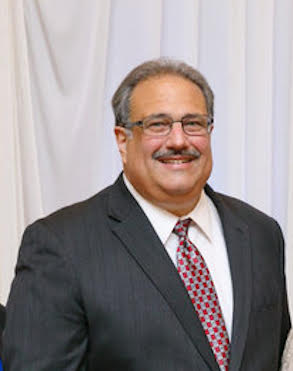What are we going to do to stop terrorists from striking again at the United States? If they do hit us again, killing thousands of innocent Americans, how do we retaliate this time?
The answer to that difficult question is actually very simple. Yes, the attacks are coming unless they are stopped at the source. The only way this can happen is if the terrorists are not stopped by us but instead stopped by the governing Middle Eastern countries themselves. But why would they step in to stop the terrorist? They have shown no desire to make such a bold move at any time in the past fifty years. The answer to that question is just one simple word. This word has not been used in decades. This word was at the core of our defensive posture for over forty years during the Cold War. This word probably prevented a nuclear attack in Europe or the United States during the 1950s, 1960s, 1970s and the 1980s. The word that saved us from a nuclear attack is brinkmanship.
In the 1950s the Cold War raged across Europe and the United States. The two allies of World War II, the Soviet Union and the United States, were, less than ten years later, now locked in another titanic battle. This battle for control the world held a serious threat that nuclear weapons might actually be used. The Soviet’s “Iron Curtian” had swallowed almost half of Europe. The European free countries were still terribly weak from the effects of the last world war. The Soviet Union was looking to expand their sphere of influence and only one country had the ability, the wherewithal and the determination to stand up to the Soviet threat. That country was the United States.
The United States in the 1950s elected one of the last war’s leaders, General Dwight David Eisenhower, to the Presidency. Eisenhower was a true man of his time. He had been about the 150th ranking General in the United States Army when General Marshall and President Roosevelt selected him to be the Supreme Commander of the European theater in World War II. The thinking was they did not want to be naming the next President of the United States, so they picked a rather bland and non-outgoing man who they believed only wanted to be a General, not a President.

![[Serial Wife Killer And Former Police Official] “Drew Peterson, Running For Mayor of Schiller Park” Nick Caiafa](https://www.americannewspost.com/wp-content/uploads/2017/03/ncaiafa_3.jpg)


1 Comment
Great post and keep up the great job blogging!WOW. Nice written instructions.
http://www.ed-hardy.cc/